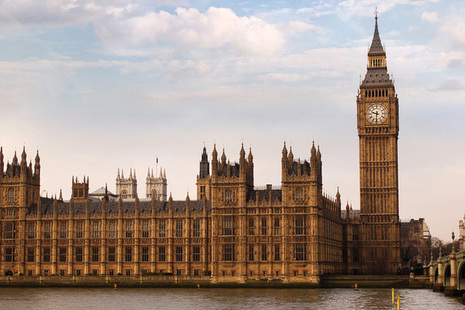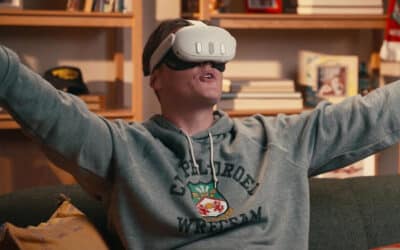Today was expected to be filled with discussions about coalitions, hung parliaments and minority governments so how did the polls get it so wrong?
Jamie Peate, director of strategy and insight at McCann Manchester writes that the last few weeks have been a vote of no confidence in the market research industry.
 Jamie Peate
Jamie Peate
However you voted and whatever you think about the subsequent outcome, there was one result that came through loud and clear – The market research industry is not to be believed.
Speaking as someone who has worked in this whole area in one way or another for nearly 30 years, this truly represents a massive vote of no confidence for polls and surveys and fans the flames on scepticism of all of those who decry market research as at best a statement of the ‘bleeding obvious’ and at worst completely unable to predict real behaviour.
I did have a chuckle to myself when then exit polls made such wildly different predictions to all of the opinion poll big hitters like MORI and YouGov – I bet there was a ‘squeaky bum’ moment when those behind the exit polls frantically checked their spread sheets and formulas – ‘have we transposed and x with a y’? – and doubted what they were seeing.
But all of this raises a very important and serious point – a point that us strategist, planners, insight seekers and researchers often forget and forget at our peril – we are not trying to predict the behaviour of ‘units’, ‘units’ labelled ‘consumers’ , ‘voters’ , ‘non users’ , ‘whatevers’ – we are trying to predict the behaviour of people – human beings just like ourselves who are subject to the same range of human emotions and contradictions that we are. We are not scientists observing the motion of electrons in a magnetic field, but at best social scientists trying to apply the disciplines of economics, psychology and sociology to help us make more informed guesses.
Adam Smith famously postulated that when individuals act in their own self-interest to maximise their own personal benefit the ‘invisible hand’ ensures that the greatest economic good results without prior planning. Future thinking has shown that like all great theories, and it is a great theory’, it has its limitations, the biggest one being that individuals are humans not ‘units’ and they do not always behave in that predictable self-interested way, falling foul of groups effects, positive bias, herd instincts, vanity and the like.

All of this points to the facts that it’s experience that matters. Market research can at best give you a point of view or point you in a direction, even when that direction is counterintuitive but only experience and common sense can help you put together the jigsaw and come up with a picture, something the planning and insight world should heed.
Either that or get another psychic octopus on the case!
Jamie Peate is the director of strategy and insight at McCann Manchester











